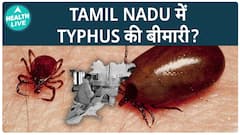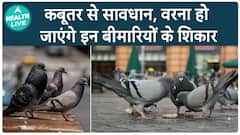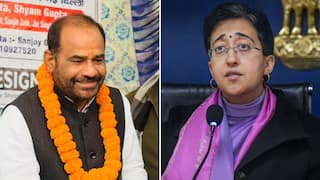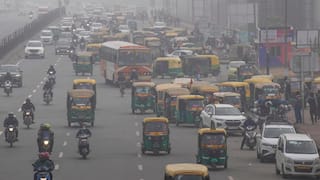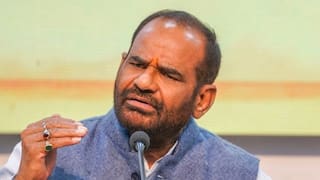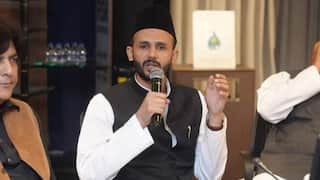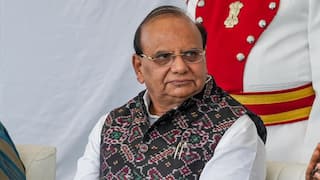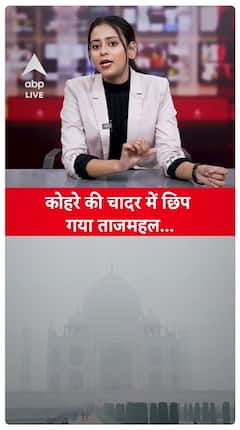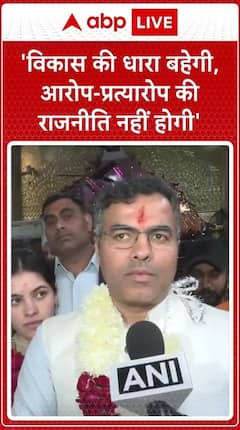Explorer
Advertisement
The Art Of Milking The Cow: Baghel Takes A Leaf From The BJP Playbook
One of the key reasons for Congress decline has been its ideological dilemma on the vexed issue of mixing religion with politics. Historically too, Congress’ bid to mix religion in its political campaign had remained problematic.

PIC/The Official Twitter Account of Bhupesh Baghel, Chief Minister, Chhattisgarh, India.
The BJP may have mastered the art of milking the cow but Bhupesh Baghel has found the perfect manure for growth. The Congress government in Chhattisgarh is trying to tweak its political agenda by incorporating a ‘cow based economy’ to counter rival BJP’s proficiency in mixing religious symbols with politics.
Bhupesh Baghel, chief minister of Chhattisgarh has decided to buy cow dung from farmers. His government has started procuring cow dung worth Rs 1,730 crore from farmers every year, upstaging not only his rival party but also earning praise from the Rashtriya Swayamsevak Sangh, the BJP’s ideological fulcrum.
The Congress, which has ruled the country for over 54 out of 73 years since independence, is currently facing political marginalization. Its tally in two successive general elections of 2014 and 2019 have failed to get even ten per cent of Lok Sabha seats in order to get the official leader of opposition status. Out of 29 state assemblies, the Congress is in power in four states of Punjab, Rajasthan, Chhattisgarh and Puducherry while it is sharing power in two states of Jharkhand and Maharashtra.
One of the key reasons for Congress decline has been its ideological dilemma on the vexed issue of mixing religion with politics. Historically too, Congress’ bid to mix religion in its political campaign had remained problematic. There was a huge contradiction in the way Jawaharlal Nehru and Mahatma Gandhi viewed religion and politics. As I have mentioned in my book, 24, Akbar Road (Hachette) Nehru was firm in his definition of secularism that meant separation of religion from the political, economic, social and cultural aspects of life. Religion, in Nehru’s scheme of things, was a personal matter that the state should disassociate at all costs. In a letter to his home minister Kailashnath Katju in 1953, Nehru wrote, “The fate of India is largely tied up with the Hindu outlook. If the present Hindu outlook does not change radically, I am quite sure that India is doomed.” Nehru had constantly observed that communalism of the majority community had a great potential to resemble nationalism. But for Mahatma Gandhi, religion was an integral part of secularism. Gandhi who agreed with his disciple Nehru on a range of issues, was a believer that Nehruvian secular prescription would not work for India. Gandhi kept saying “politics bereft of religion are absolute dirt.”
Throughout Indira, Rajiv Gandhi, P V Narasimha Rao and Dr Manmohan Singh era, the Congress kept changing its political stance to suit political exigencies. Congress ideologue V.N. Gadgil who served as AICC spokesman during the regimes of Narasimha Rao and Sitaram Kesri used to openly question ‘ambivalence’ in Congress ideology. Gadgil had, in fact, levelled Muslim appeasement allegation on his own party and remarked, "While appeasing Muslims, we should not forget Hindus, who are a majority in this country,’ and referred to at an article published in The Economist, then which stated that ‘Islam and democracy do not go together’. [The Asian Age, September 4, 2000)
When Gadgil was asked why he was saying all this, he said: ‘I have said this earlier. Muslims constitute only 18 per cent of the vote share. Even if all of them vote for the Congress, the party will not return to power. We cannot go on ignoring the sentiments of the other 82 per cent.’ (cited in my book 24, Akbar Road, Hachette 2012)
Cow has been a potent political issue in the country. In his book, The Myth of the Holy Cow, historian D N Jha has observed that in the 20th century, cow has become a political weapon of sorts when it was used for the mobilisation of Hindus and polarization.
Baghel, who assumed charge in December 2018, ending BJP leader Raman Singh’s 15-year rule, outlined his plans during a recent telephone conversation with me, “Cattle and livestock have a deep, intrinsic link with the Indian economy, particularly in rural areas. Artha (economy) and dharma (religion) have worked hand in hand. Mahatma Gandhi’s idea of gram swaraj had both elements. To my mind, puja rituals alone would not fetch employment or feed the poor,” he said adding, “Therefore, I thought of purchasing cow dung from farmers not to merely boost their livelihood but also to offer a better environment and increase land fertility, health and crop protection.”
In this context, Baghel's move to introduce 'cow based economy' assumes significance.
According to Baghel, the dung-purchase scheme would benefit around 22 lakh farmers, including five lakh marginal and landless farmers and shepherds.
Baghel is optimistic about the success of the scheme. According to him, the cow dung procured would produce vermicompost worth over Rs 2,300 crore every year. The organic vermicompost, in turn, would be purchased by Chhattisgarh’s horticulture, forest and other departments. “It will help promote organic farming and reduce dependence on chemical fertilisers,” the chief minister said.
Chhattisgarh has become the first state in India to buy cow dung from cattle raisers. “When I was fighting the 2018 Assembly polls, I had promised Narwa (water conservation), Garuwa (livestock development), Ghurwa (use of organic compost) and Baadi (vegetable and fruit backyard) in the presence of AICC chief Rahul Gandhi,” Baghel said, recalling that the slogan Narwa-Garuwa-Ghurwa-Baadi, Gaon la bachana sangwari” (save the village together) was now resulting in the “Suraaji Gaon Yojana” (or well-governed village).
Baghel’s Narwa scheme, which uses a local term for rivulets and streams, focuses on low-cost water conservation structures such as check dams, gully controls and underground dykes at strategic locations on streams for harvesting surface water and recharging the subsoil as well as groundwater levels.
Garuwa is a livestock protection programme aimed at improving the lives of milch cattle. The Baghel regime has come up with the Goathan scheme for a cattle shed in each village managed by the local gram sabha.
Ghurwa (compost) is part of the cow dung purchase scheme designed to encourage villagers to produce bio-fertiliser and help boost organic farming. Chhattisgarh’s 11,700 gram panchayats are likely to benefit from the dung purchase scheme in its first phase.
Baadi is a plan to encourage cultivation of fruits and vegetables in the backyard of village homes, not only as a source of additional income for villagers but also for nutritional supplement.
The Sangh has welcomed Baghel’s initiative, admitting that state purchase of cow dung would boost the rural economy. RSS pracharak (campaigner) Bhuneshwar Sahu, who coordinates the Sangh’s rural campaign in Chhattisgarh, told the local media he had asked Baghel to increase the cow dung price from Rs 1.50 to Rs 5 per kg.
[Author-Journalist Rasheed Kidwai is a visiting Fellow of the Observer Research Foundation. He tracks government and politics and considered a specialist on Congress party affairs.]
Disclaimer: The opinions, beliefs and views expressed by the various authors and forum participants on this website are personal and do not reflect the opinions, beliefs and views of ABP News Network Pvt Ltd.
Follow Blog News on ABP Live for more latest stories and trending topics. Watch breaking news and top headlines online on ABP News LIVE TV
View More
Blog
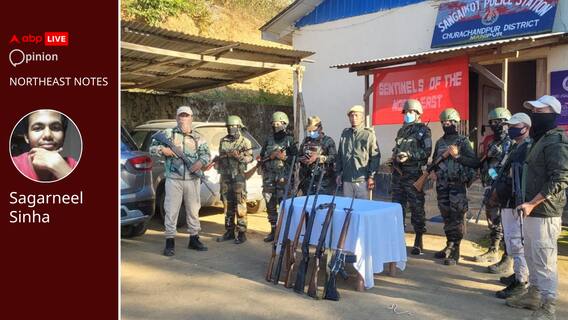 “ 2025 Comes With Fresh Challenges On The Heels Of New Border-Pass Policy In Northeast, B'desh Violence | OPINION
“ 2025 Comes With Fresh Challenges On The Heels Of New Border-Pass Policy In Northeast, B'desh Violence | OPINION

Sagarneel Sinha
Advertisement
Advertisement
Advertisement
Advertisement
Trending News


Sayantan Ghosh
Opinion







